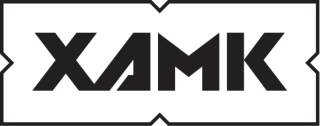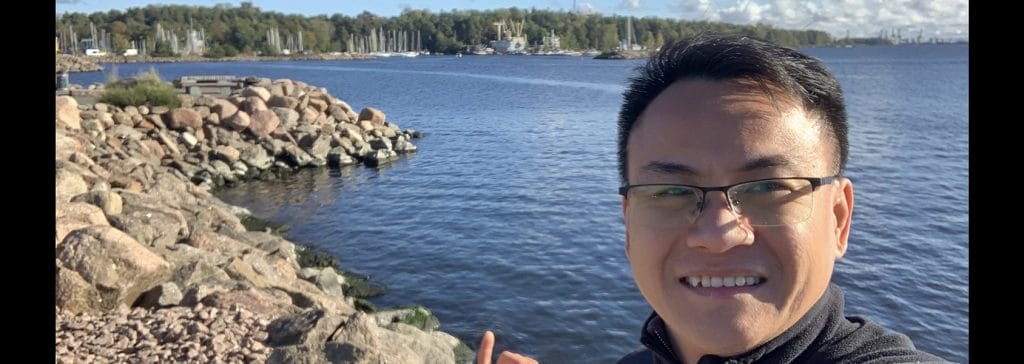

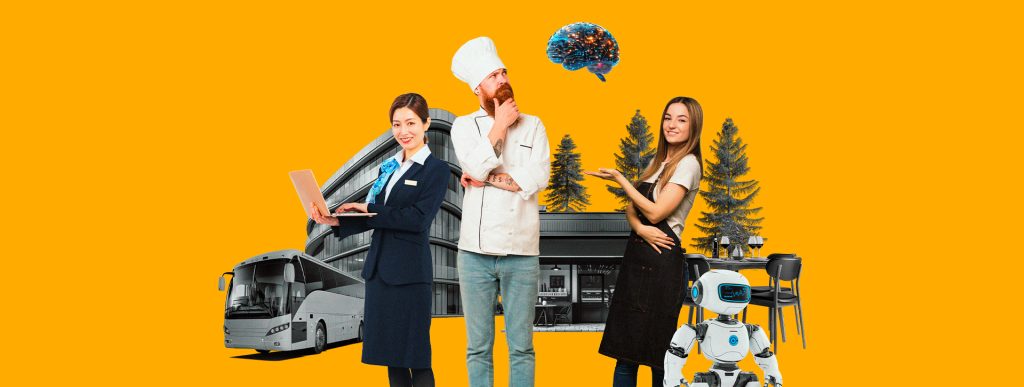
TyhyTeko
Work well-being and productivity for tourism and hospitality professionals through artificial intelligence and robotics
We help companies in the tourism, hospitality, and finance sectors to streamline work processes and improve employee well-being by utilizing AI and robotics.
We focus on identifying challenges and development needs, and creating solutions together with companies.
Work well-being and productivity for tourism and hospitality professionals through artificial intelligence and robotics
Changes made with the support of the project create a positive cycle where both employees and companies benefit
Participating companies will gain an understanding of their staff’s well-being development areas, expert support for planning and implementing the TyhyTeko pilot, skills in adopting and utilizing new technologies, and a future plan for improving well-being and productivity. Additionally, the project includes peer learning opportunities and events between companies. As a result, employees will find their work more meaningful and less burdensome, which increases job satisfaction and reduces sick leave. Supervisors and management will receive new tools to promote well-being and productivity, improving management practices and the company’s competitiveness.
In the long term, these measures will renew the marata sector and meet its changing labor market demands. Improved well-being and productivity will make the sector more attractive and help solve labor shortages.
With the measurement data produced by Xamk Active Life Lab, companies can make informed decisions and adjust work as needed
Active Life Lab is a research laboratory of South-Eastern Finland University of Applied Science (Xamk) that focuses on improving workplace well-being and productivity through artificial intelligence. The laboratory combines expertise in AI and workplace well-being measurement data, offering companies and organizations valuable insights into employee well-being and work ergonomics.
With the help of Active Life Lab, company teams and their supervisors can utilize group-level measurement data to manage workplace well-being and develop processes and work methods.
Key measures of the project
The key measures are divided into four functional work packages, through which companies can achieve significant improvements in workplace well-being and productivity.
Through these work packages, companies can enhance workplace well-being and productivity, find innovative solutions, network with other industry players, and utilize measurement data to support decision-making
Work Package 1 focuses on identifying and solving company-specific challenges related to workplace well-being and productivity.
Work Package 2 provides companies with a workbook that includes practical tools and methods to support development measures.
Work Package 3 enables the testing and development of solutions contained in the workbook through practical trials.
Work Package 4 utilizes project communication and dissemination of results, which increases awareness and promotes the adoption of best practices.
.
.
Work Package 1: Improving the well-being and productivity of tourism and hospitality professionals through AI and robotics
The goal is to identify company-specific development areas in the daily life of the work community that affect workplace well-being and productivity. These challenges will be addressed through experiments using AI or robotics.
Key measures:
Identification of development areas: Company-specific mapping of challenges in the daily life of the work community.
Implementation of experiments: Solutions to development areas will be sought using AI and robotics. The experiments will focus particularly on streamlining work processes and methods.
Active Life Lab collects and produces measurement data that supports the development of workplace well-being and productivity. The measurement data can be used to monitor and evaluate the impact of the experiments and make necessary adjustments to development measures.
Service design process and co-development: The work package progresses through the service design process, and impact is measured using the evaluation tool of the national coordination project. Co-development methods are utilized, where staff and management work together to create solutions. This promotes a culture of co-development within the work community and an understanding of the importance and responsibility of individuals in developing the work community.
While we focus on company-specific challenges, we also identify industry-wide challenges and solutions related to workplace well-being and productivity. All project implementers follow the same process, and cross-regional peer learning opportunities are organized for companies.”
Development areas and solutions are tailored to the company’s needs, ensuring they are as effective and relevant as possible.
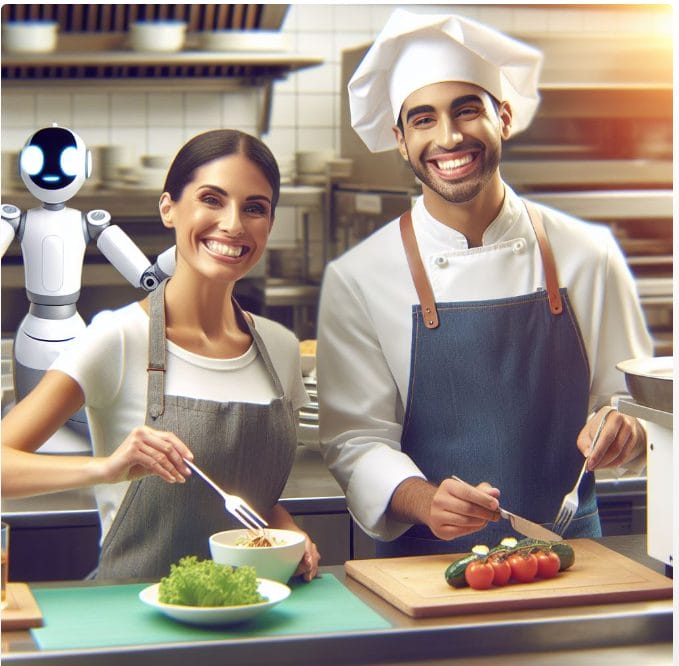
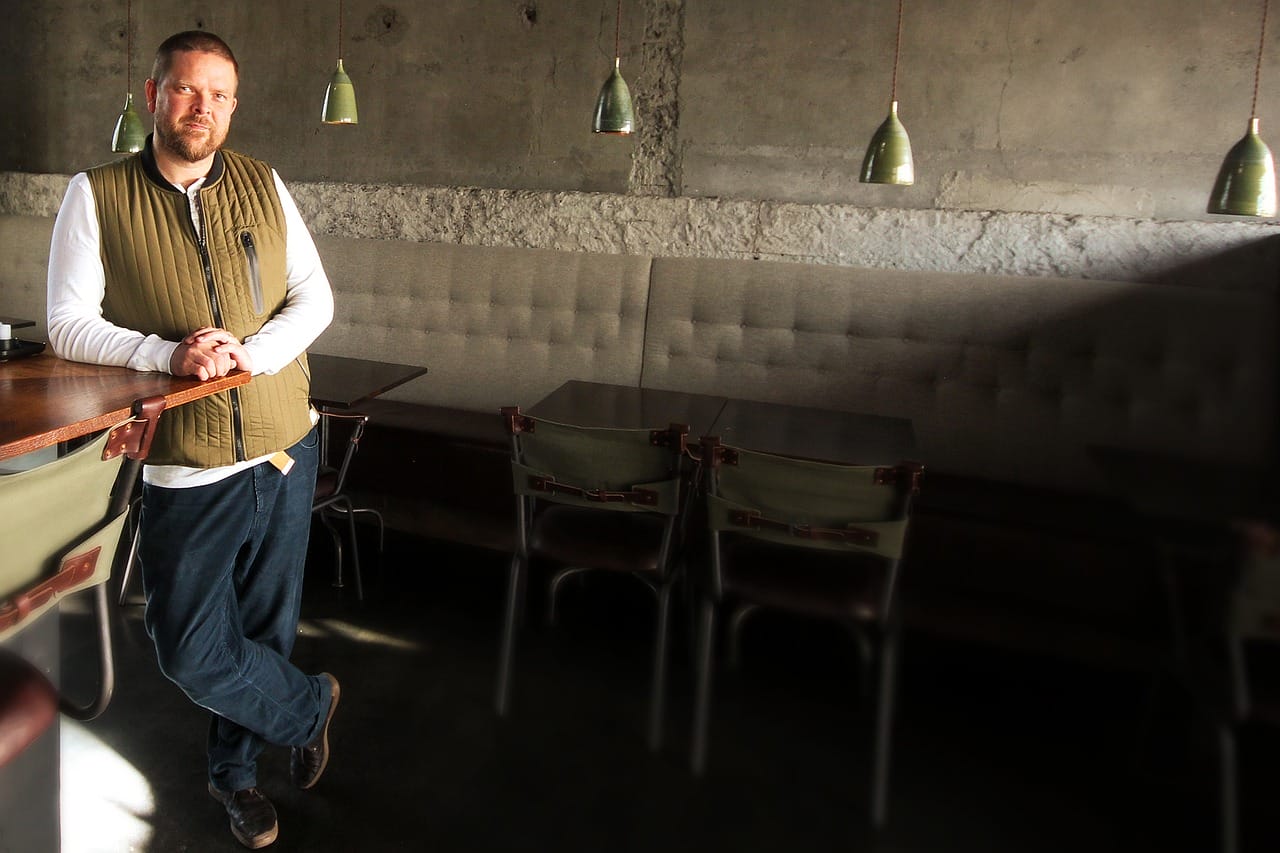
Work Package 2: Workbook for improving the well-being and productivity of tourism and hospitality professionals in SMEs through the adoption of AI and robotics
Work Package 2 focuses on creating a workbook that helps SMEs in the marata sector improve well-being and productivity through the adoption of AI and robotics. The book provides practical tools and guidelines based on the actions and experiences of Work Package 1.
Key measures:
Creating the workbook: The first version is created based on the information gathered through the actions of Work Package 1.
Testing and improving: The content is tested in practice with the actions of Work Package 3, and an improved version is created based on the experiences gained.
Dissemination: The improved version is distributed more widely to the marata sector through the project’s communication measures.
The workbook helps companies identify the most critical areas for improving well-being and productivity and choose the most suitable solutions for these challenges. The content supports continuous development and promotes positive change in the work community.
The workbook supports companies in creating a culture of continuous improvement, with a focus on workplace well-being and productivity
Work Package 3: Experiments conducted through the implementation of the workbook in SMEs in the tourism and hospitality sector to improve workplace well-being and productivity
Work Package 3 focuses on the practical testing of the workbook created in Work Package 2 in SMEs in the tourism and hospitality sector.
Key measures:
- Testing the workbook: The draft is tested in companies through rapid experiments to gather information for its improvement.
- Identifying critical points: Management and supervisors, together with staff, identify the most critical points in the company for workplace well-being and productivity.
- Selecting solutions: The right methods are chosen to address the identified problems using AI or robotics.
Companies can practically test and develop the tools and methods contained in the workbook. This process supports companies in finding the most effective solutions for improving workplace well-being and productivity and in creating a culture of continuous improvement.
The experiments promote staff participation and commitment to development measures, which improves the work community’s atmosphere and collaboration.

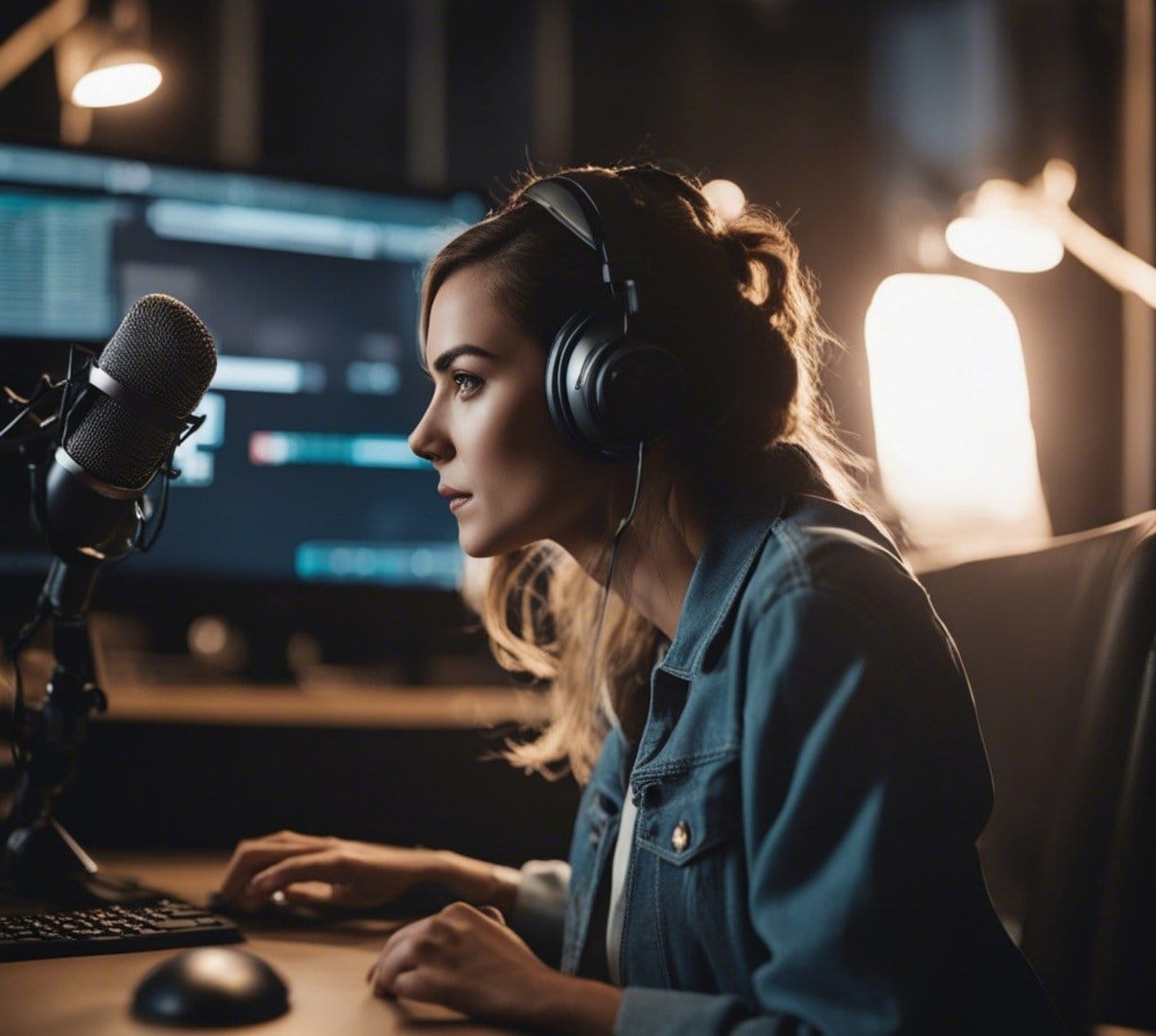
Work Package 4: Dissemination of results and communication
Work Package 4 focuses on sharing the project’s measures, results, and outputs widely among tourism and hospitality professionals. The goal of communication is to raise awareness of the project’s achievements and promote the dissemination of best practices.
Key measures:
- Sharing information: Throughout the project, information about the project’s measures, results, and outputs is shared.
- Communication: Communication is carried out particularly from the perspective and voice of tourism and hospitality professionals to ensure messages are as relevant and impactful as possible.
- Disseminating best practices: Promoting the wider dissemination of solutions and best practices developed in the project within the tourism and hospitality sector.
Work Package 4 ensures that the results and lessons learned during the project do not remain only with the project implementers but benefit the entire industry. The aim of communication is to create positive change and support the well-being and productivity of tourism and hospitality professionals
Companies can participate in peer learning events, which provide an opportunity to network and learn from other industry players
Experiences and articles
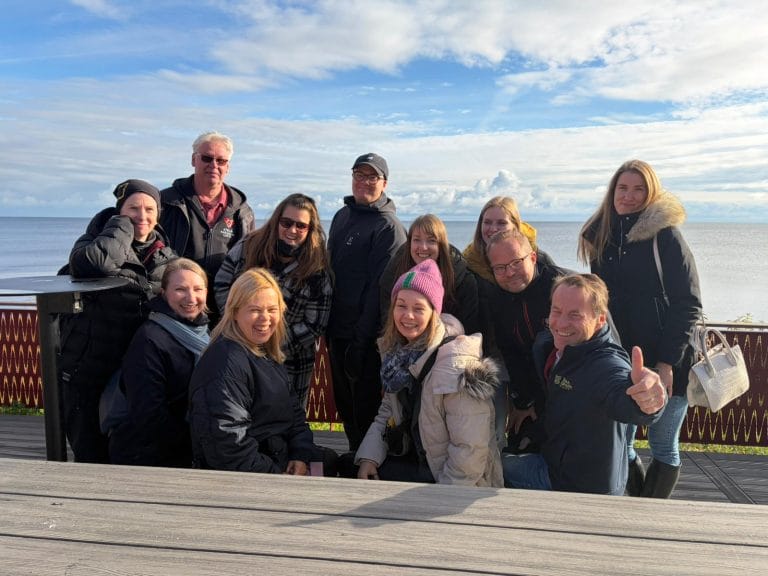
From Screens to Scenes – INACS team on the road in Latvia and Estonia

Europe is your campus!
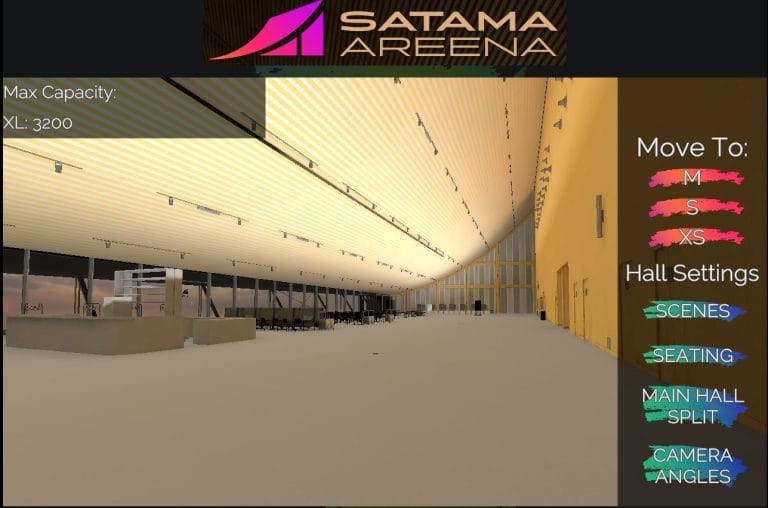
No need to imagine: how Xamk Game Studios brings virtual ideas into real world

Submarine Escape Game from Mikkeli Offers Lessons in Sustainable Food Services
Facts
TyhyTeko – Work well-being and productivity for tourism and hospitality professionals through artificial intelligence and robotics
Info
Budget
Project partners

